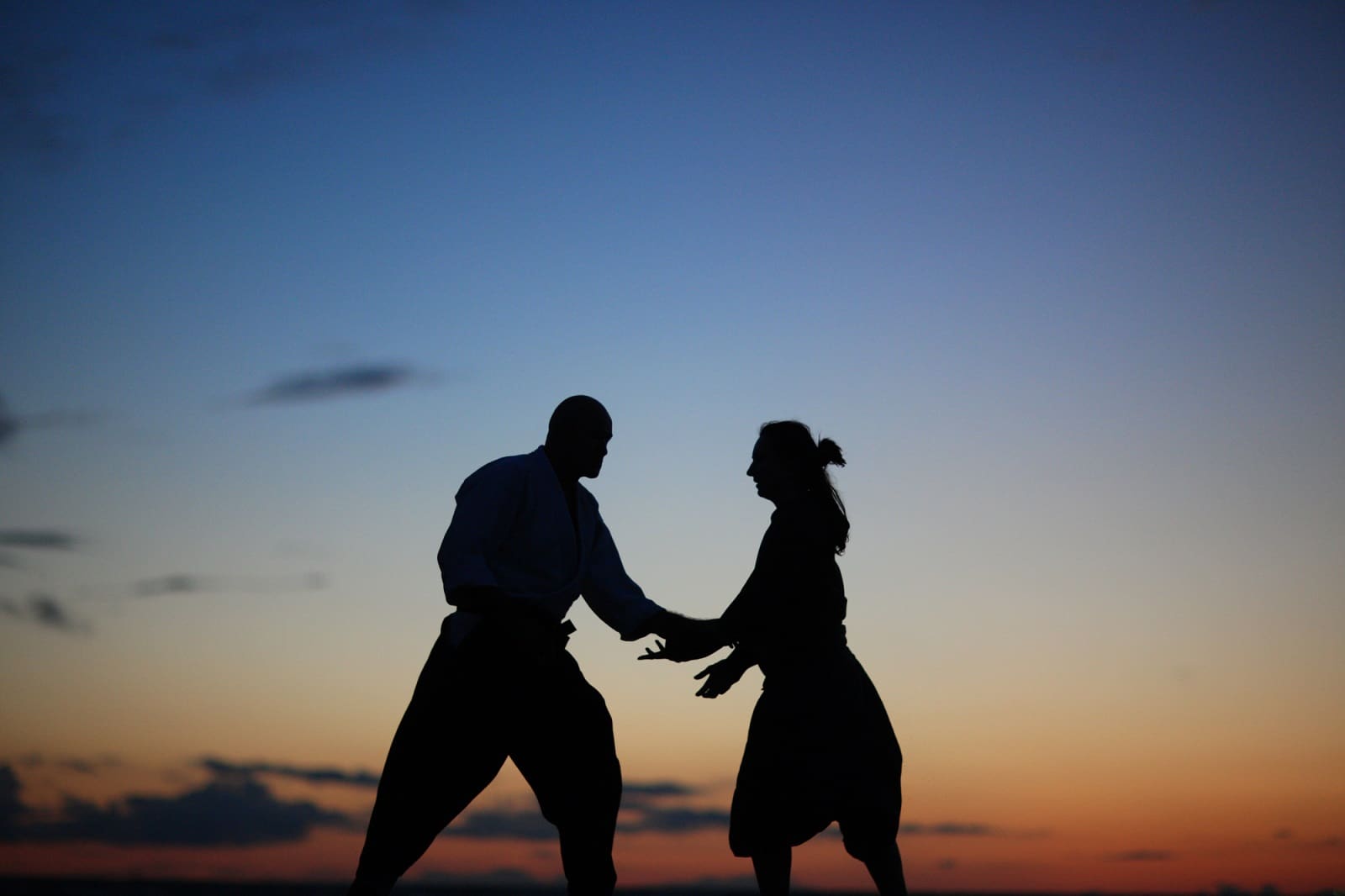
1.) It’s just another money making tool.
Absolutely not the case. We don’t make a penny out of imposing safeguarding regulations on instructors. Infact, it costs us considerably.
We take our safeguarding obligations very seriously and ensuring our clubs and instructors do the same is a fundamental function of the association. Aside from the obvious costs incurred in terms of staffing and digital resources (producing guidance just like this one you’re reading now) we also have to spend large sums of money setting up safeguarding consultants, countersignatories, training course and other essential provisions to ensure we – as an organisation – can safeguard effectively.
If cost was a consideration, we would not safeguard at all. We don’t make a penny from it – quite the opposite – it costs us tens of thousands of pounds a year.
2.) It’s just paperwork for the sake of paperwork
Who likes paperwork, really? There’s enough with the running of any business. That said, it’s there for a reason. The checks and requirements you must undertake are done to ensure you have a papertrail to protect you! Without a document that clearly confirms the checks and balances are in place you have absolutely no way of demonstrating that such checks and balances have been conducted at all. In the event of an accusation against your club this could seriously impede your defence.
Regardless of whether or not this satisfies your objection, to be quite frank, it doesn’t matter. You’re required to do the checks and just as running a competent, professional club/business naturally produces paperwork, so to does safeguarding. It’s not extraneous and just needs to be dealt with.
3.) I’m not a predator, so it doesn’t apply to me.
Absolute nonsense, truly. Let’s set aside the obvious point that we as an association, and any other local authorities (such as schools and councils) don’t know you from Adam. Safeguarding can help you protect yourself from false accusations. Having an effective understanding of what safeguarding is, what is required of you and how to conduct yourself in relation to best practice makes it less likely you will find yourself in hot water without just cause. This is one of the key reasons we ensure instructors learn safeguarding properly.
Putting aside your own interests for a moment, it’s also worth considering that whilst you may not be a predator, that doesn’t mean a parent, guardian, fellow student, friend or other third party isn’t. Learning to safeguard effectively will help you spot the signs of possible abuse and ensure you are confident responding.
Take the time to sit a safeguarding qualification – some of which can now even be sat online at your own convenience – and see for yourself.
Get The Latest News & Updates Via Our Social Media Channels
Not Yet A Member?
Access dozens of in-depth articles, topics and guidance notes on issues just like this.
